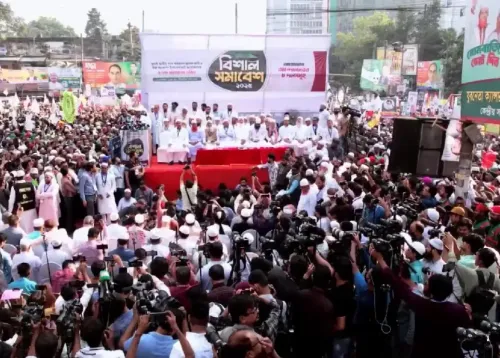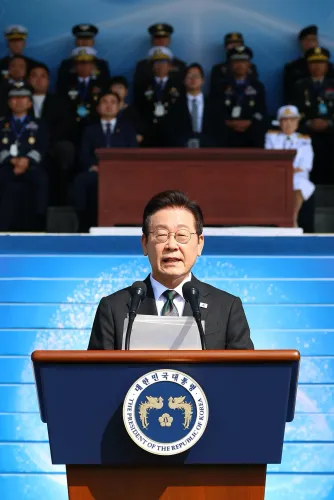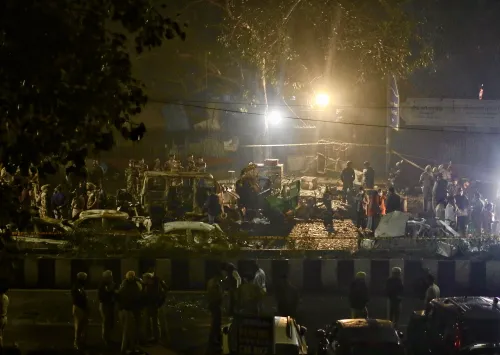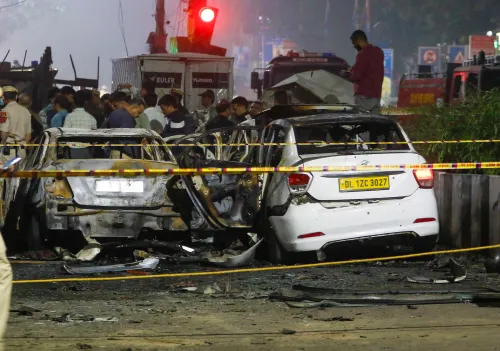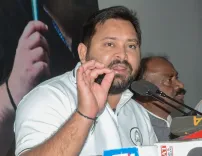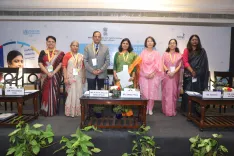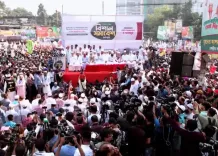Largest Political Force in Bulgaria Proposes New Coalition Government
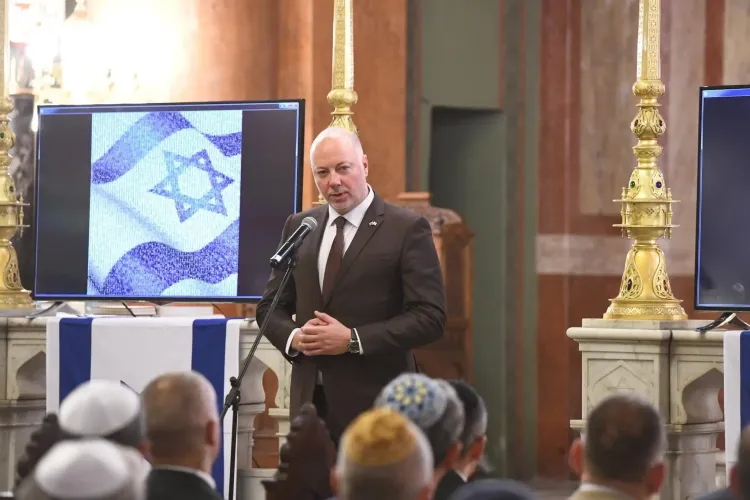
Synopsis
Key Takeaways
- GERB-UDF proposes a three-party coalition government.
- Coalition includes BSP and There Is Such People.
- 126 seats secured with support from DRF.
- Proposal needs a simple majority in parliament.
- President Radev emphasizes urgency in resolving political crisis.
Sofia, Jan 15 (NationPress) GERB-UDF, the most prominent political group in the Bulgarian Parliament, on Wednesday put forward a plan to establish a three-party coalition government, approximately two and a half months following the parliamentary elections.
Rosen Zhelyazkov, the nominee for Prime Minister from GERB-UDF, presented the new government proposal just after Bulgarian President Rumen Radev granted him an exploratory mandate.
The coalition also comprises the parliamentary factions of the Bulgarian Socialist Party (BSP)-United Left and There Is Such People, Zhelyazkov noted, emphasizing that it would receive support from Democracy, Rights and Freedoms - DRF when voted on by the National Assembly, the nation's legislative body.
This three-party coalition, together with DRF, holds a total of 126 seats. The proposal for the cabinet requires a simple majority approval in the 240-member parliament.
Zhelyazkov, a legal expert born in 1968, is presently a parliament member. His previous roles include Speaker of the National Assembly, Minister of Transport and Communications, and Secretary General of the Council of Ministers.
President Radev remarked during the mandate handover that Bulgarians have been anticipating a resolution to the political turmoil for an extended period. "Thus, I have allowed ample time for your party and potential allies to explore various options and identify a viable solution," Radev stated.
According to Zhelyazkov, GERB-UDF and its partners have engaged in rigorous and accountable negotiations, making significant efforts to reach necessary compromises for responsible governance of the nation.
Radev indicated he would present the proposal to parliament "today," as reported by Xinhua news agency.
Should the leading political force in parliament be unable to establish a government, the President will assign the second-largest group to propose a Prime Minister-designate. If that group also fails, the President will then consult a smaller parliamentary faction. If no government is formed, new parliamentary elections will be arranged.
The parliamentary elections in Bulgaria took place on October 27, 2024, after the legislature's failure to form a new government following the elections in June 2024.

